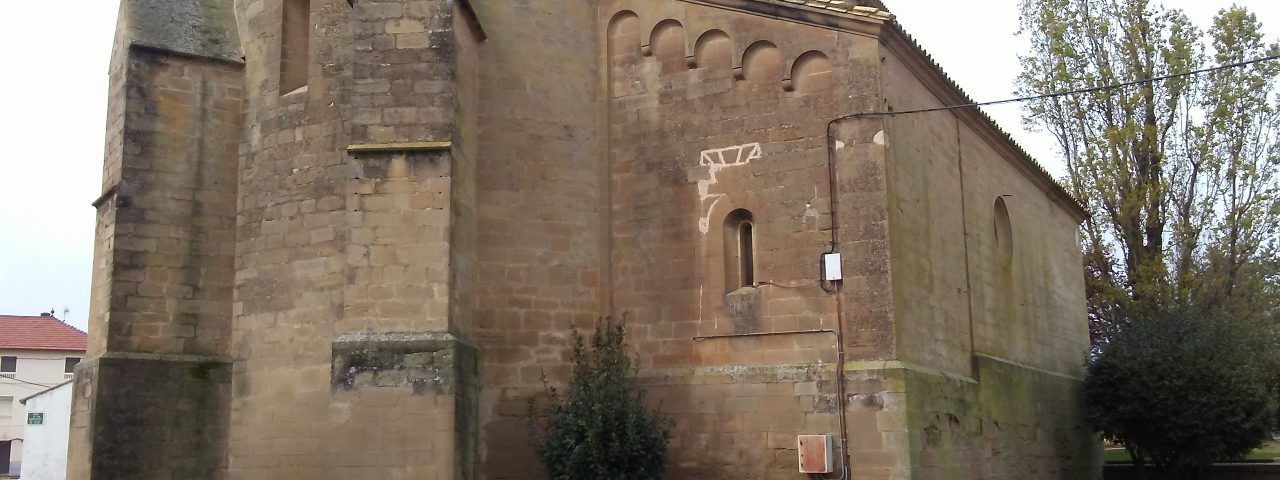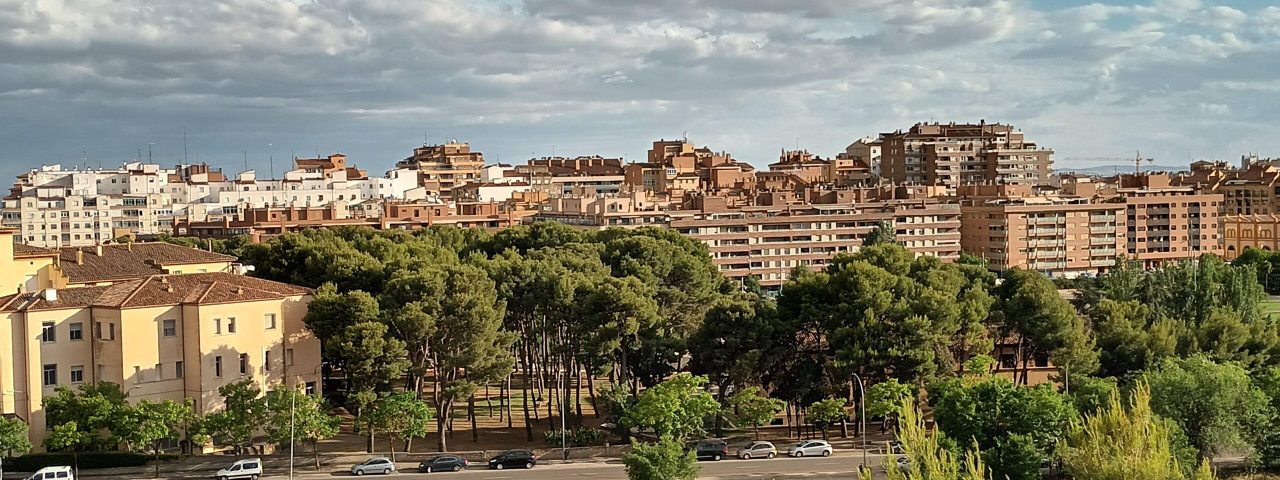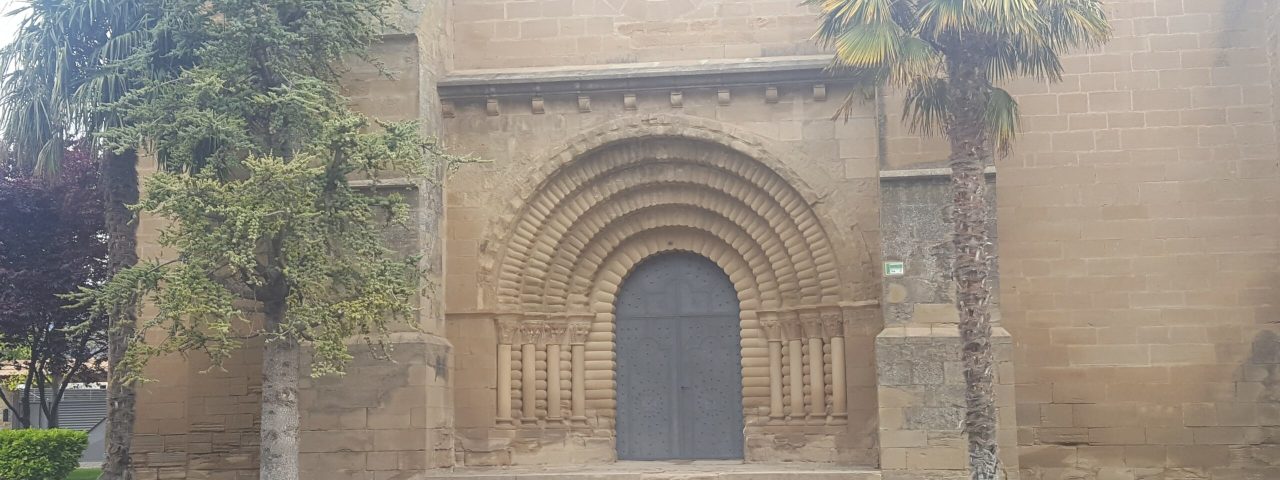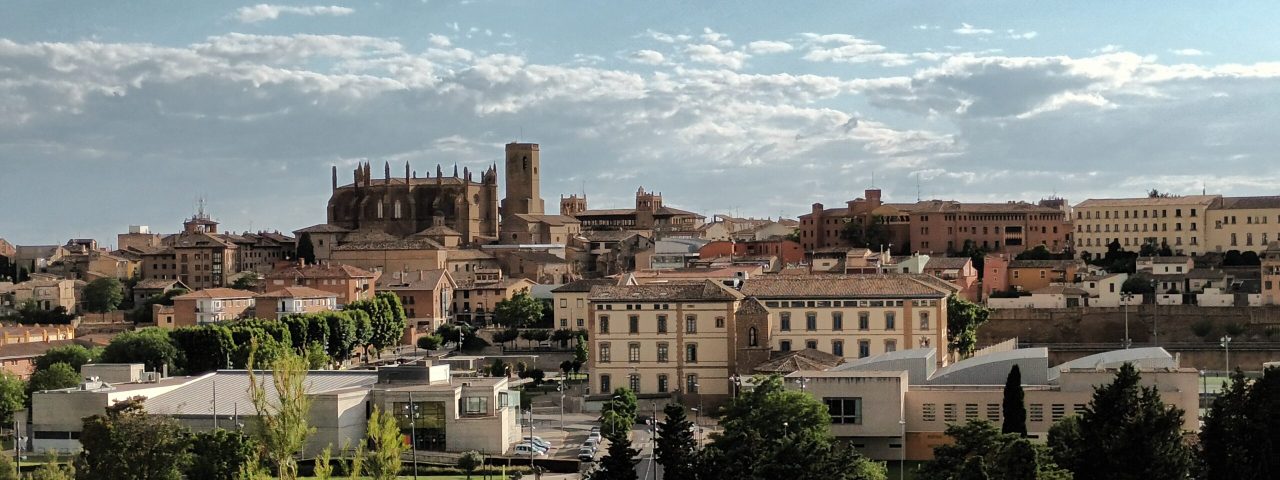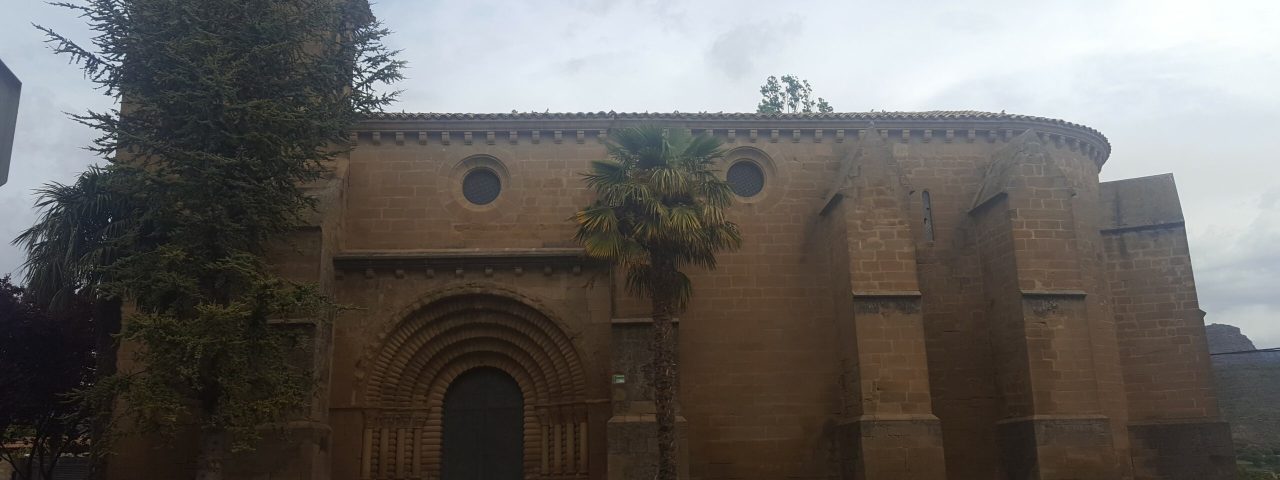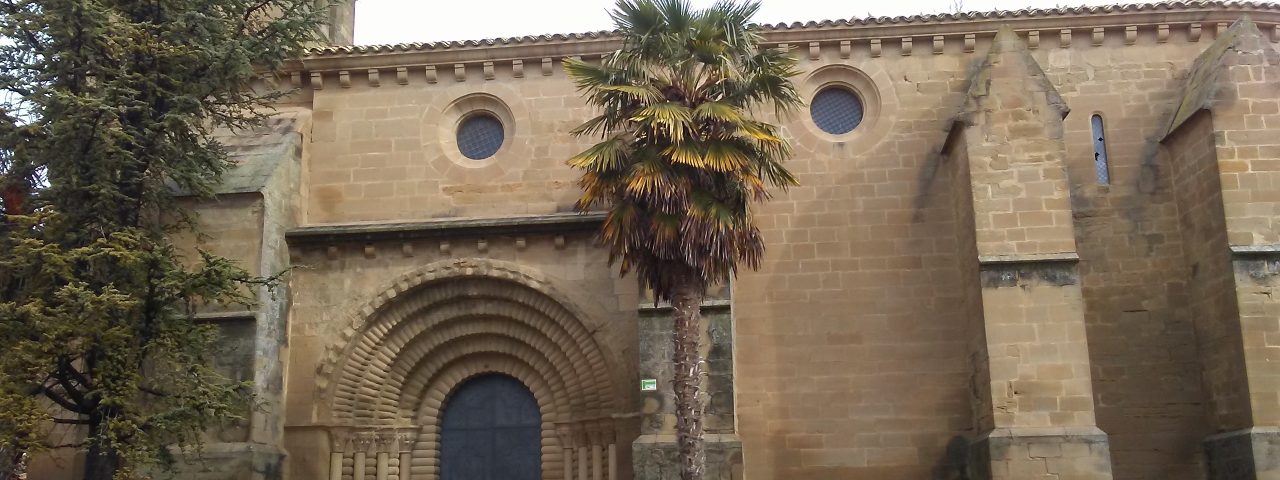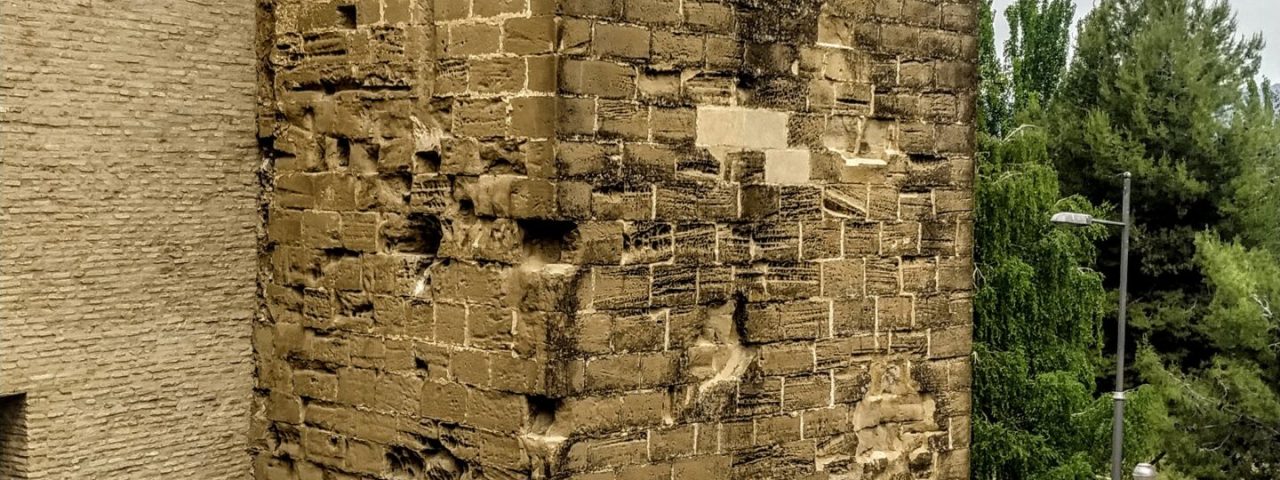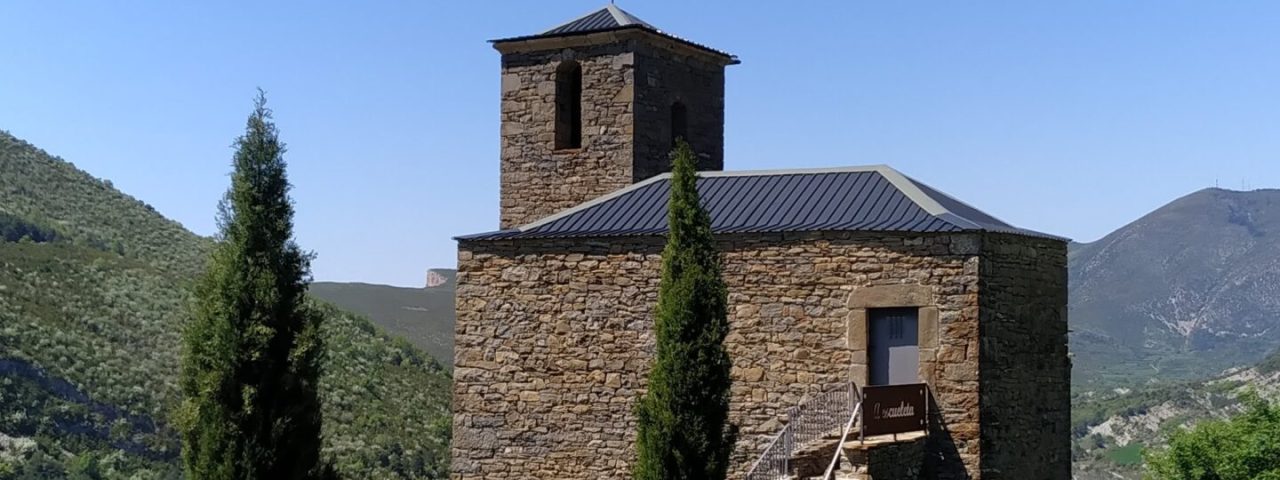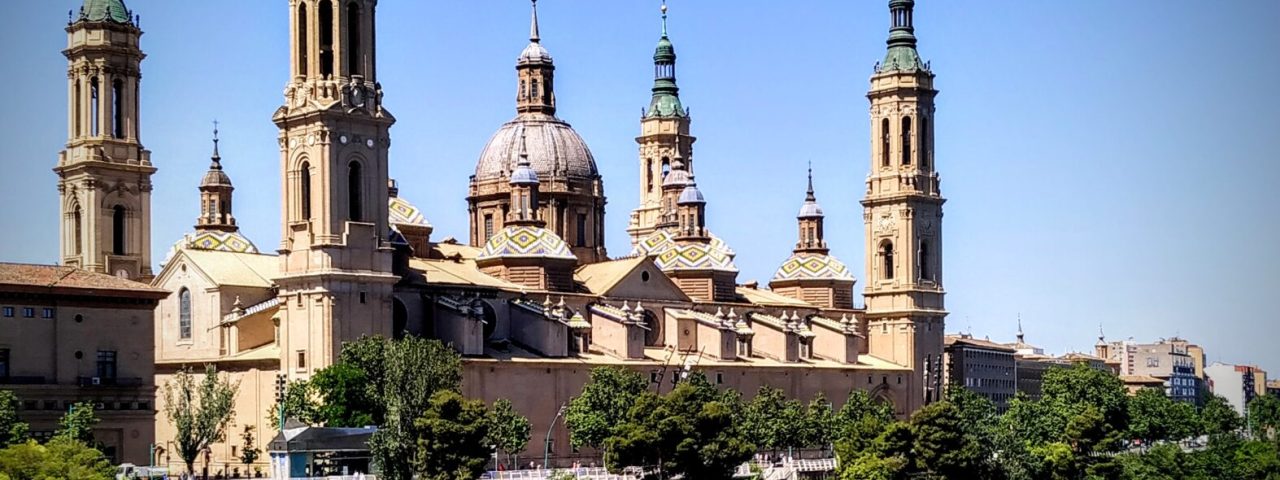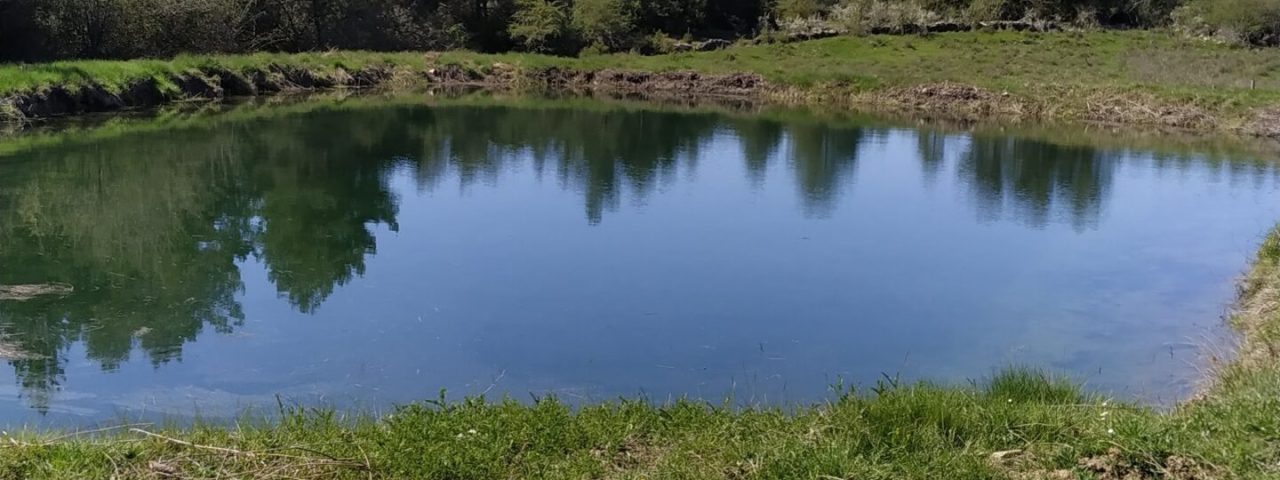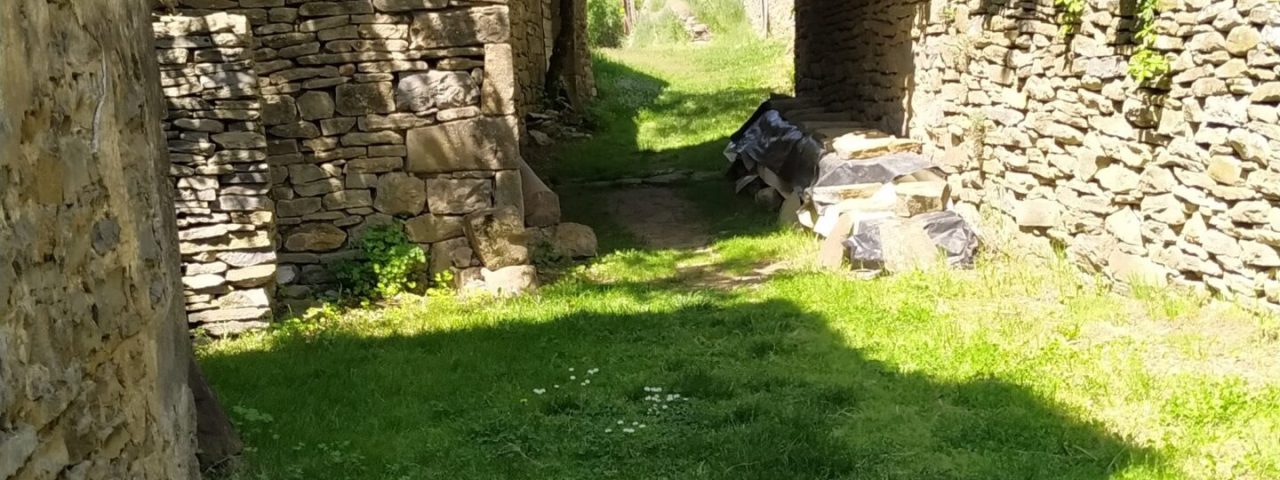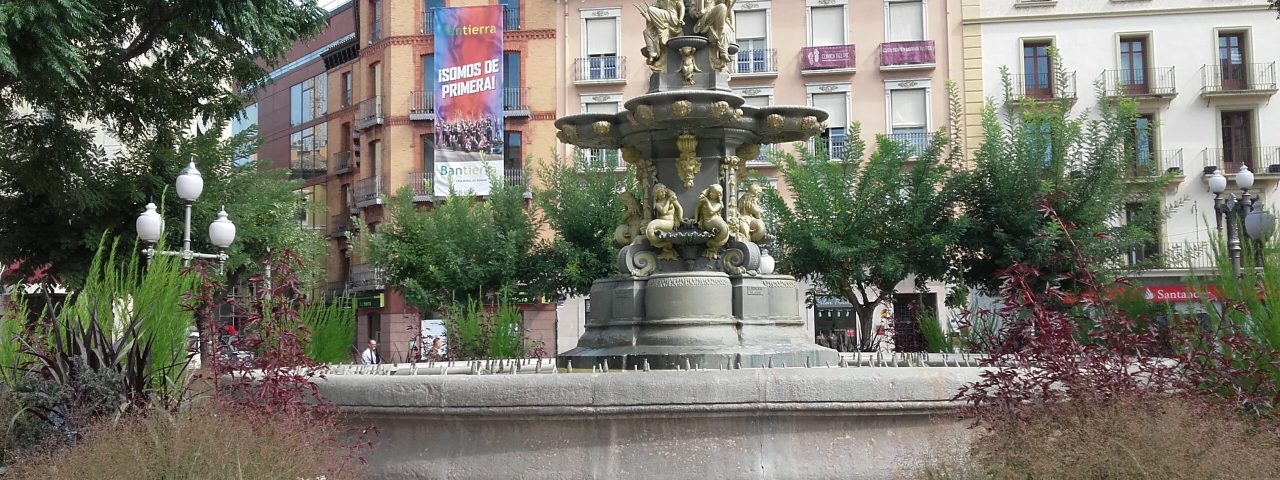Huesca’s history stretches back to Roman times, when it was known as “Osca.” It later became an important city during the Moorish period before being reclaimed by Christian forces in the 11th century during the Reconquista. The city’s medieval past is still palpable today, especially in the old town, which is filled with churches, monasteries, and ancient streets that seem to whisper stories from centuries gone by.
One of the city’s most notable historical events was the founding of the University of Huesca in 1354, which became one of the most important educational institutions in medieval Spain. Although the university no longer exists, its legacy can be felt in the city’s commitment to learning and culture.
Culturally, Huesca is best known for its festivals, the most famous of which is the Fiesta de San Lorenzo, celebrated every August. This festival, in honor of the city’s patron saint, is a lively and colorful event featuring parades, music, dancing, and religious ceremonies. It’s a true reflection of the deep-rooted traditions and community spirit that characterize Huesca’s local culture.
